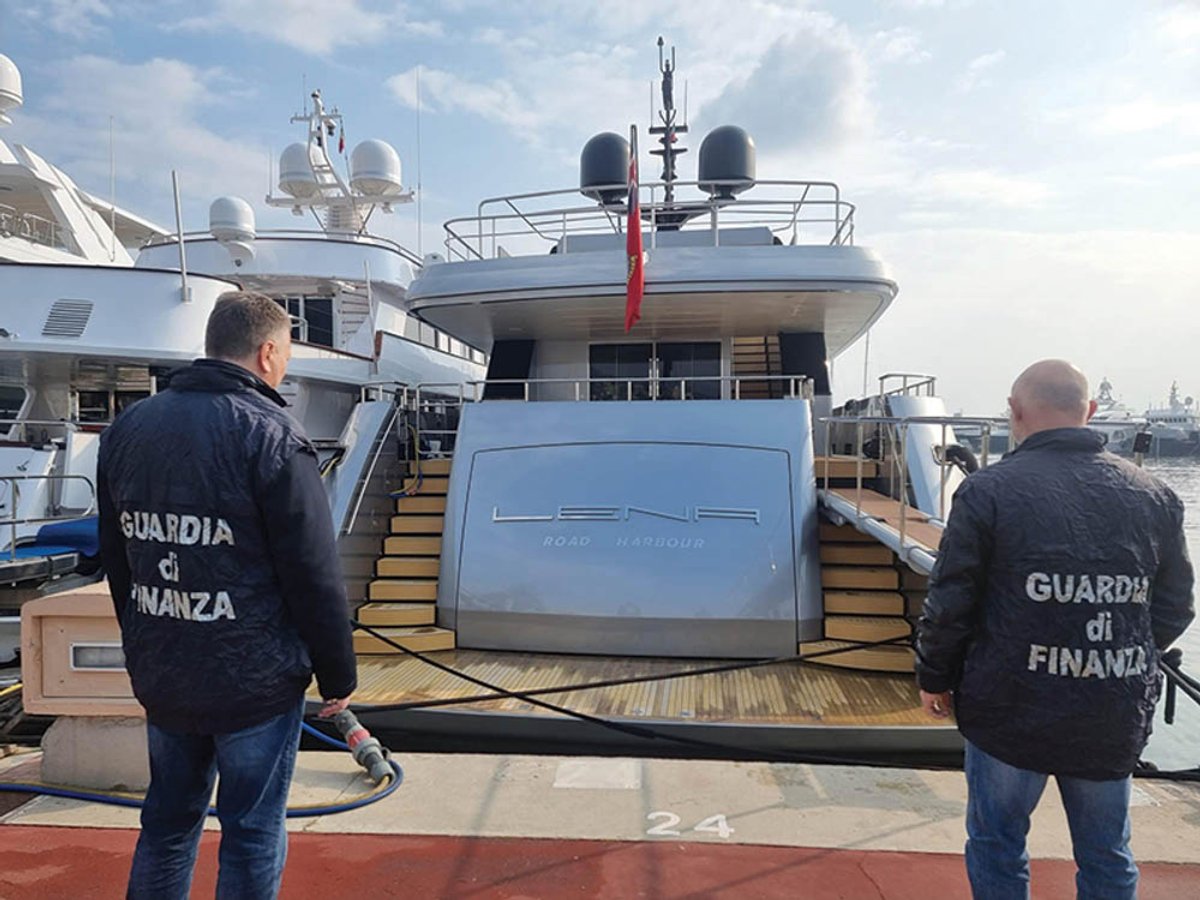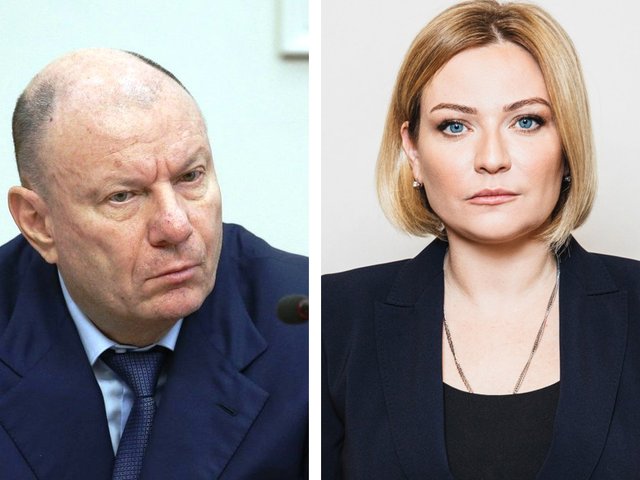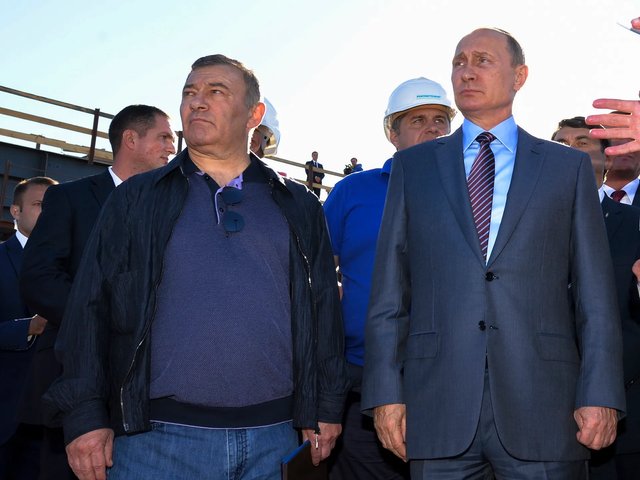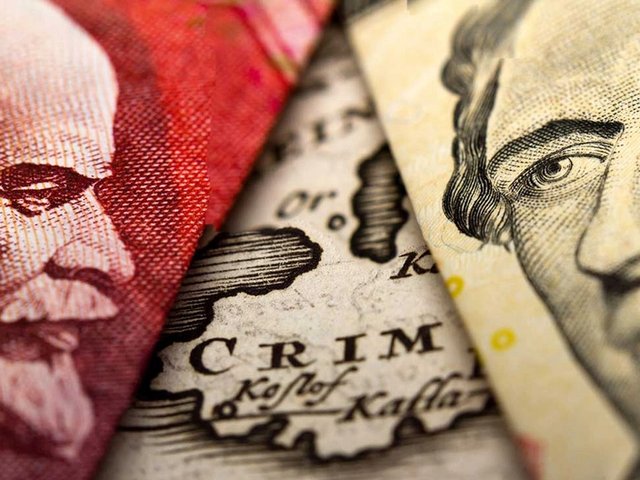For the UK, EU and US, economic sanctions are seen as a way of helping Ukraine without engaging in a ground war against Russia. Such economic restrictions are being applied to the Russian state, businesses and President Vladimir Putin’s inner circle of oligarchs, a nebulous term referring to Russians who became very wealthy after the fall of the Soviet Union and were politically influential, though Putin stripped them of much of their power.
However, sanctions typically work in two directions, says Jakob Braeuer of the Berlin-based art law firm Bauschke Braeuer. “It’s difficult to impose sanctions without the sanctioning side feeling negative effects.”
On 15 March, the UK government, alongside its G7 allies, announced a total ban on exports to Russia of high-end luxury goods, including art and antiques. Such items had been “selected to inflict maximum damage on the Russian economy while minimising the impact on the UK”, according to a government press release. The UK’s Chancellor of the Exchequer, Rishi Sunak, hopes these measures will “starve Russia’s access to international finance, sanction Putin’s cronies and exert maximum economic pressure on his regime”.
Bodies currently sanctioning Russia include the US Treasury Department’s Office of Foreign Assets Control (OFAC), the EU’s European Commission and the UK’s Office of Financial Sanctions Implementation (OFSI). Some are more stringent than others. While there are currently no laws against selling art to a Russian individual, conducting business with anyone whose name is on a sanctions list—or who has a stake in a company that has been sanctioned—could result in fines or a prison sentence.
“This means that any company that buys or sells art must carry out due diligence beforehand to be careful not to transact with specially designated nationals or blocked persons,” say Silvia Stabile and Manlio Frigo of the art and cultural property focus team at the Italian law firm BonelliErede. “Questions would also surely arise as to how a Russian buyer could possibly afford to pay for artwork given the very low value of the ruble and the many financial restrictions in place.”
According to the US State Department, many airlines “are cancelling flights into and out of Russia, and numerous countries have closed their airspace to Russian airlines”. But, as Nicholas O’Donnell, a partner at the Boston law firm Sullivan and Worcester points out, “many collectors store work in [freeports in] international cities that currently are not subject to restrictions, like New York, Geneva or Luxembourg”. If a sanctioned oligarch loaded up their yacht or Gulf Stream G550 with Basquiats and tried to move them to a more amenable country, customs officials would stand in their way on arrival, O’Donnell adds.
There has been much in the press about cryptocurrency being used to skirt sanctions, but Frigo and Stabile say this would not be easy. Cryptocurrency exchanges have said they will comply with the sanctions, including in relation to NFTs. Crypto assets are on the EU’s sanctions list and the OFAC issued new guidance to clarify that US citizens and digital asset firms must comply with the sanctions against Russia even when facilitating transactions in cryptocurrency. So, Frigo and Stabile say, “it will be nigh-on impossible to use as a work-around”.






